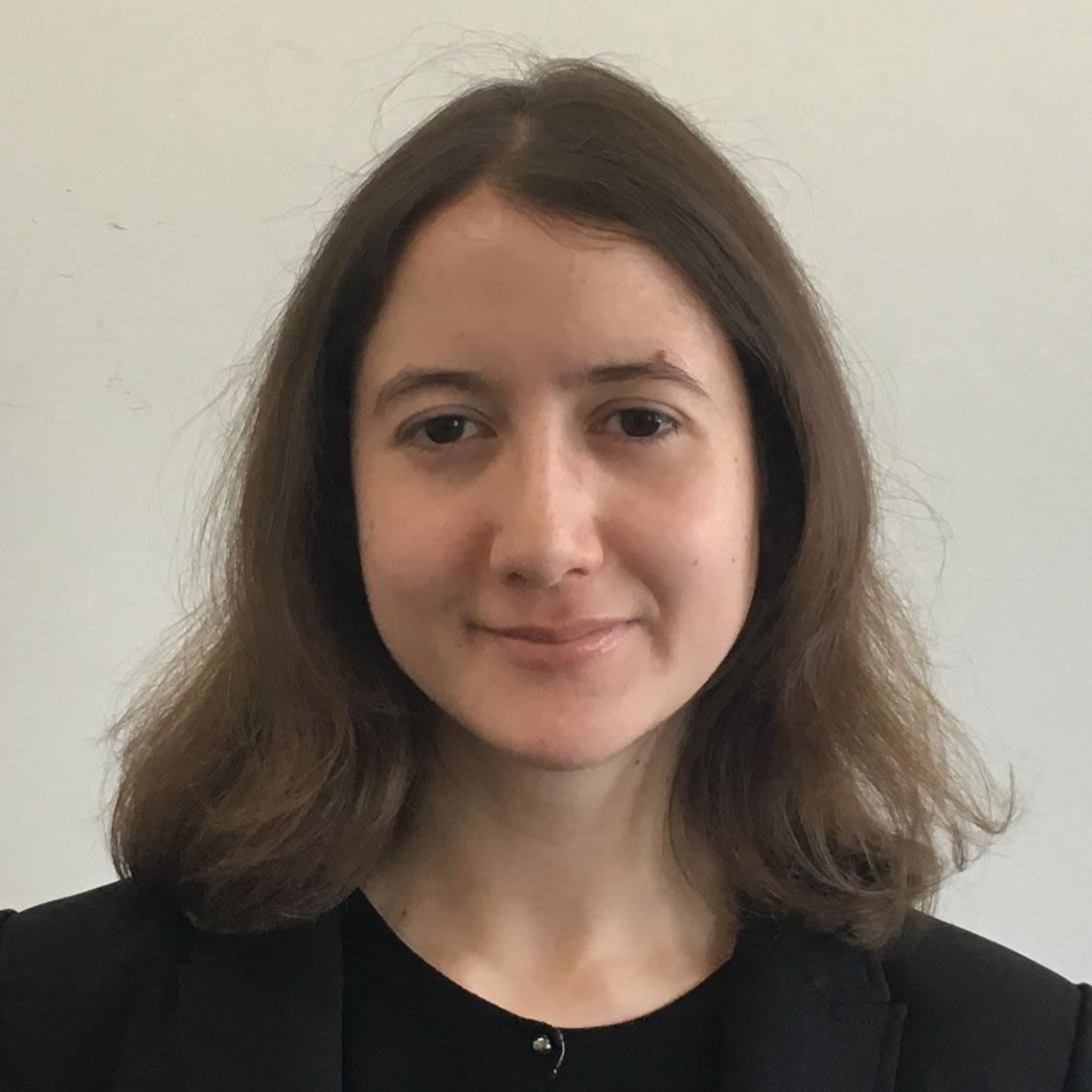
Kezia Gaitskell
2013 - 2017, Valerie Beral & Ahmed Ahmed
Project: Risk factors for ovarian cancer by histological phenotype in the Million Women Study
Dr Kezia Gaitskell was an Oxford Cancer funded Clinical Research Training Fellow from 2013-2017, based in the Clinical Epidemiology Unit & Nuffield Department of Obstetrics and Gynaecology. Upon finishing her DPhil, Kezia returned to full-time clinical training as a histopathology registrar in London. She later returned to Oxford to take up a post as an NIHR-funded Clinical Lecturer in Histopathology, which gives her 50% protected research time alongside completing clinical training. As a Clinical Lecturer, Kezia has continued with her DPhil research into the epidemiology of ovarian cancer, and expanded to start exploring the epidemiology of kidney cancer. Kezia has also successfully applied for a couple of small grants to do pilot work on a new project, trying to integrate histopathology samples into a large epidemiological study. Hear from Kezia about her DPhil below:
What outcomes have resulted from your DPhil?
With my supervisor Prof. Dame Valerie Beral, I published several epidemiological analyses of data from the Million Women Study cohort, showing that the association between certain risk factors and ovarian cancer varies between the different tumour histological subtypes – and in a manner that is consistent with new hypotheses about how these subtypes might develop. Through collaboration with my co-supervisor, Prof. Ahmed A. Ahmed, I also gained experience in use of tumour tissue samples and digital pathology image analysis.
How has your time here influenced your subsequent career?
The training and experience I gained during my Clinical Research Training Fellowship has provided a strong foundation for my early career as a clinical academic, and enabled my current work on integrating tissue samples and digital pathology into epidemiological studies. I also benefited from the wider support, networking opportunities, and career development initiatives of the CRUK Oxford Centre, which have helped with establishing collaborations in my post-doctoral research.
What advice would you give to current students?
Enjoy the DPhil! Particularly for busy clinicians, it is such a privilege to be given the opportunity to spend three years investigating an interesting and important research question, with colleagues and supervisors who are world-leading scientists, and in a supportive research environment. This is true even on the inevitable days when your experiments don’t work…
Key publications arising from Kezia’s DPhil:
- Gaitskell K, Green J, Pirie K, Barnes I, Hermon C, Reeves GK, Beral V; Million Women Study Collaborators. Histological subtypes of ovarian cancer associated with parity and breastfeeding in the prospective Million Women Study. Int J Cancer. 2018 Jan 15;142(2):281-289.
- Gaitskell K, Coffey K, Green J, Pirie K, Reeves GK, Ahmed AA, Barnes I, and Beral V; on behalf of the Million Women Study Collaborators. Tubal ligation and incidence of 26 site-specific cancers in the Million Women Study. Br J Cancer. 2016 Apr 26;114(9):1033-7.
- Gaitskell K, Green J, Pirie K, Reeves G; Valerie Beral; on behalf of the Million Women Study Collaborators. Tubal ligation and ovarian cancer risk in a large cohort: Substantial variation by histological type. Int J Cancer. 2016 Mar 1;138(5):1076-84.